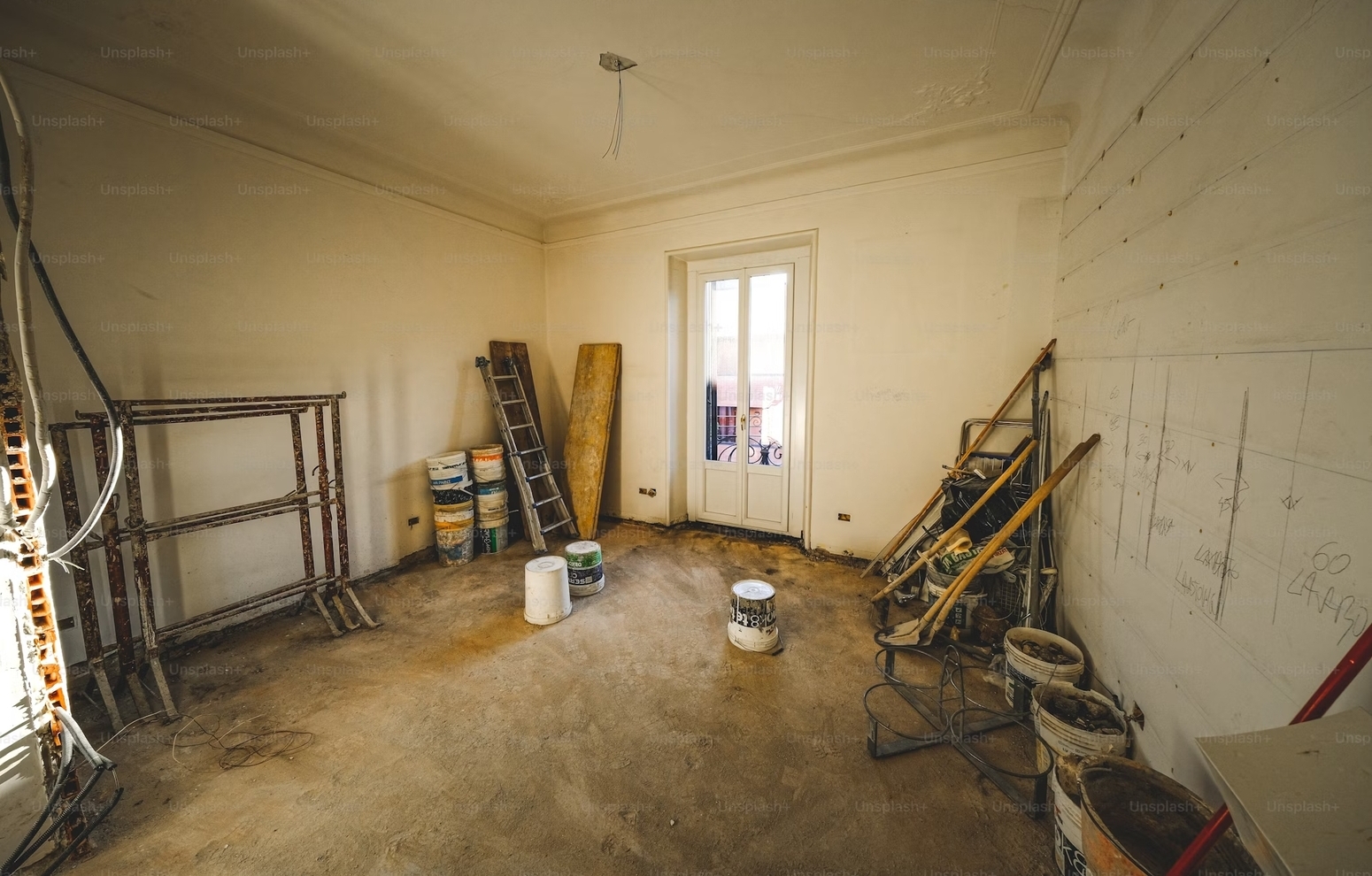A brief overview; legal framework and deal structure.
Real estate transactions in Italy are typically structured according with 2 schemes:
- Asset deals, which is about the direct acquisition of real estate
- Share deals, where the investor purchases the shares of the legal entity owning real estate (and so indirectly the real estate as well)
The reason to prefer one strategy over the other might depend on a number of elements; in particular, the decision needs to take into consideration the legal effects, especially in terms of type of buying process, timing, fiscal implications and potential liabilities for the investor.
Asset Deal
In the Asset deals the purchaser does not take over the liabilities and contracts of the seller, except for certain specific tax liabilities and for certain contracts that are transferred together with the property (e.g., lease agreements).
Therefore, the real estate legal due diligence shall be focused on certain matters, such as:
- title of ownership
- existing encumbrances/burdens
- compliance of the property with applicable laws
- property occupancy status (lease agreements, free usage agreements, etc. )
- transfer tax-planning and an assessment of the regular fulfilment of obligations concerning the payment of the property tax
- building and cadastral compliance to national and regional (local) law
- cross border legal implications, in case the buyer is not an Italian citizen (e.g. Condition of reciprocity)
Furthermore, a transfer deed shall include certain mandatory provisions (e.g. family law implications, payment details, broker commission, etc.) as well as ancillary declarations (GDPR, Anti-Laundry, etc.) which needs to be included into the analysis.
The enforceability against any third parties, shall be provided by recording (Registration + Filing) the title deed in competent public registries.
Share deal
The investor buying the shares/interest of the legal entity owning the real estate takes – indirectly – all the risks relating to the previous business operations done by the seller.
Therefore, this investment program usually requires – in addition to the typical real estate legal due diligence (asset deal) – a fiscal and accounting due diligence to investigate a number of aspects relating to the target, including of an analysis of the corporate documentation and agreements (e.g., company by-laws and shareholders agreements, fund rules, employment relationships, IP rights held by the vendor, civil/fiscal pending disputes, business licenses, business profitability, etc.), which might provide crucial information to be used during negotiation or – in the worst case scenario – leading to withdrawing from negotiation.
Additional specific aspects to be carefully addressed by the investor may be the Company governance, change of control and (eventually) group reorganisation.
A share deal could grant significant advanteges such as:
- Favorable transfer tax regime
- Enjoying ad-hoc tax incentives
- Time saving, avoiding certain legal requirements relating to the transferability of the real estate connected to compliance (e.g. all types of property pre-emption right)
Each share deal should to be enriched with tailor made warranty clauses (guarantee system) reasonably covering the risks coming with the precedent business exercises.
In most cases, it is convenient to set up one (or more) ad-hoc Italian company in whose name complete the share deal.
Acquisition formalities to be met in a share deal always come with the notarization of the the transfer plus filing of the title deed with the competent public register for the purposes of its enforceability.
Recent News & Events
The Italian Government has adopted the Decree n. 113/2024 (entered into force on August 10th, 2024), increasing the HNWIs’ annual flat tax from Eur 100.000 to Eur 200.000. The Decree includes a grandfathering clause under which the above increase will be applicable only to those that move their habitual [...]
Fines of up to 5 thousand euros for private individuals with illegal workers News regarding the adequacy of manpower for construction work. After the restrictions introduced in 2021 and the further provisions of the PNRR Law, the “Cohesion Decree” (Decreto Coesione) has now provided for a crackdown regarding the [...]
Digital nomadism reinvents the concept of work and life on the move After years of waiting, Italy has finally approved a DN VISA. DN: Definition and Legalities Digital nomadism in Italy is regulated by the Decree n. 25 – February 28th, 2024 -also known as Decreto Sostegni-ter. The Decree [...]
2024 TAX LAW FOR IMPATRIATES: NEW RULES Still a great opportunity for those who want to buy home in Italy in 2024 The Decree no. 209/2023 recently adopted by the Italian Parliament has introducedsignificant updates to the “impatriated tax regime”, which deeply modifies the criteria for accessing tax breaks [...]




